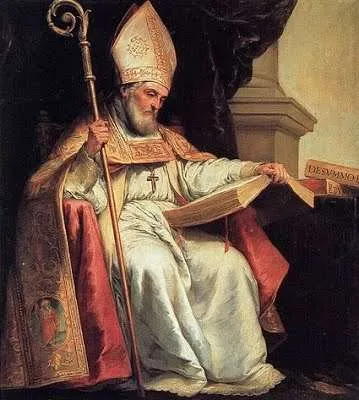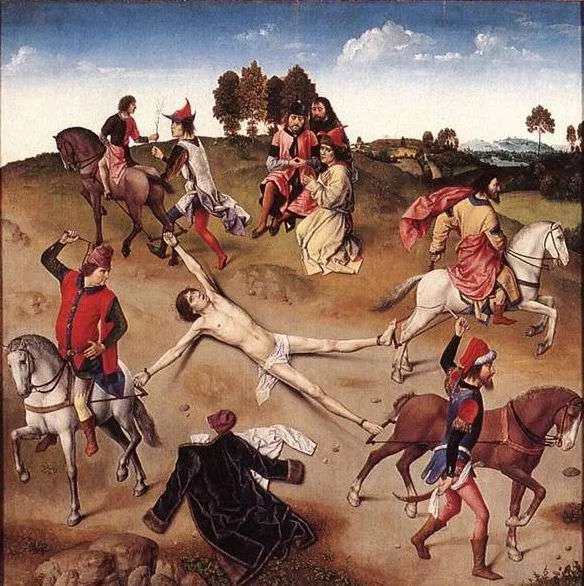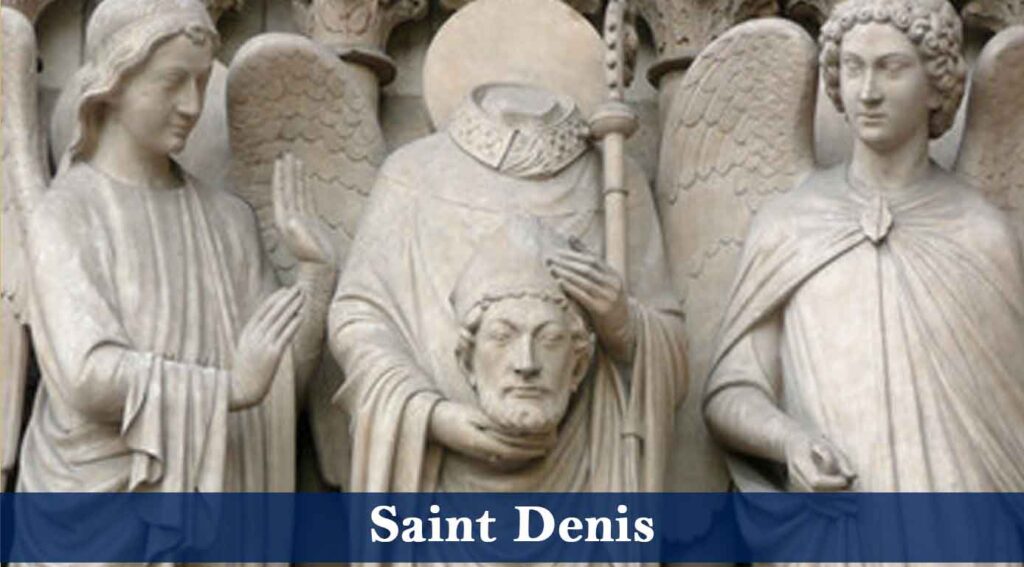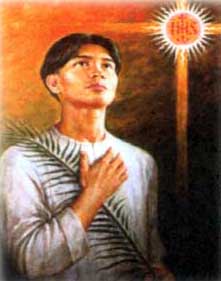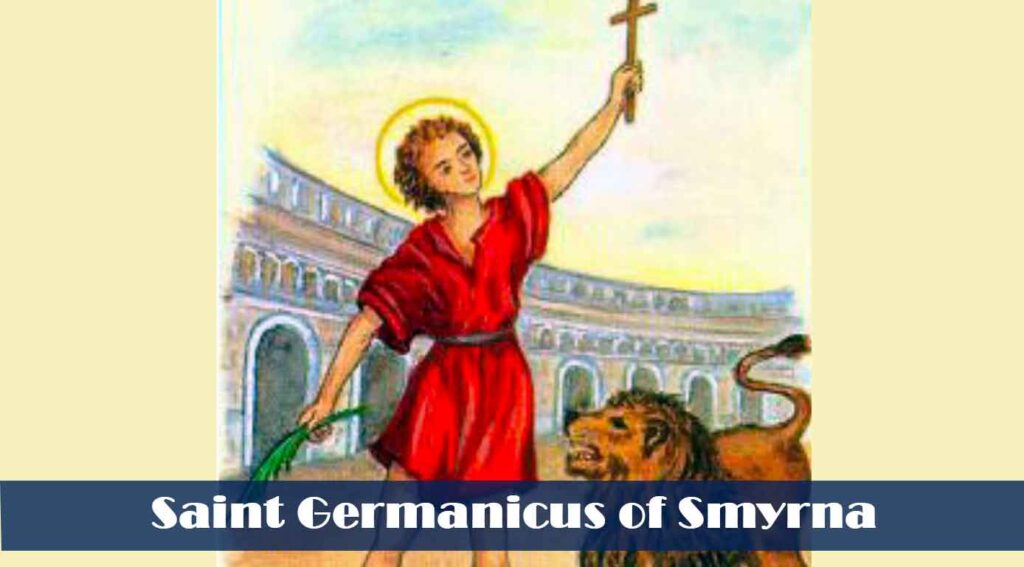Patron Saint of computer technicians, the Internet, and students; Pre-Congregation canonization; Proclaimed a Doctor of the Church in 1722 by Pope Innocent XIII
Saint Isidore of Seville was among the most learned and prolific writers in the history of the Catholic Church. His influence was felt directly for more than a millennia, as his books were among the most copied and read books throughout the Middle Ages. Today, the world is unquestionably different because of this holy and brilliant man.
Isidore was born in Cartagena, modern-day Spain, to Severianus and Theodora, a well-respected, influential, and upper-class couple. Isidore had an older brother, Leander, who became a monk and then the Bishop of Seville. His younger brother, Fulgentius, became the Bishop of Astigi, and his sister, Florentina, became a nun of prominence. All three of Saint Isidore’s siblings are saints.
Isidore’s parents died when he was young, so his older brother, Leander, cared for him and his other two siblings. As a monk devoted to studies himself, Leander was especially attentive to the education of his siblings. Leander was quite strict in his disciplines, which resulted in Isidore obtaining a thorough education in grammar, logic, rhetoric, arithmetic, astronomy, music, geometry, Latin, Greek, Hebrew, and the Catholic faith. His interests were so vast that it has been said that Isidore knew everything. Isidore also benefited greatly from the contemplative influence of the monks he so admired and was drawn to their life of deep prayer.
At the time that Isidore was completing his education, the Visigoths were the ruling party in the Iberian Peninsula. The Visigoths were Christians who embraced the Arian heresy, which caused much division between them and the Nicene Catholics they ruled. Isidore’s brother, Leander, became the Bishop of Seville in 580 and served as bishop for about twenty years. In the first years of his episcopate, Leander, with the help of Isidore, worked tirelessly to convert the Visigoths to the Nicene Creed and to reject Arianism. When Liuvigild, the Arian Visigoth King died in 586, his younger son, Reccared, became king. A year later, through the efforts of Bishop Leander and Isidore, King Reccared renounced Arianism and embraced the true faith. In the decades to follow, most of the Visigoths also converted, bringing about Christian unity within the Iberian Peninsula.
When Bishop Leander died around the year 600, Isidore was named his successor in Seville and continued to strengthen the unified faith of Nicene Catholicism. Bishop Isidore was amazingly successful in his pastoral work. People flocked to him, listened to his preaching, were in awe of his vast knowledge, and were inspired by his holiness. As a shepherd, he was both an intellectual and a contemplative and enjoyed great confidence and trust from his people and other Church leaders.
One of Bishop Isidore’s greatest contributions to the Church and to the entire Western world was the writing of the Etymologiae, a comprehensive encyclopedia of all knowledge. This encyclopedia consisted of twenty volumes and summarized many of the great writers who had come before him, both pagan and Christian. Topics included grammar, rhetoric, logic, mathematics, geometry, music, astronomy, law, military science, languages, philosophers, architecture, clothing, food, cosmology, agriculture, mineralogy, physiology, zoology, and, of course, the Catholic faith. This encyclopedia became one of the most copied sets of books throughout the Middle Ages, directly influencing the Western world for more than 1,000 years.
In addition to his writings, Bishop Isidore presided over a number of Church councils. These councils were essential for the strengthening of the Church by further purifying it of heretical teaching, setting up administrative church structures and disciplines, and helping unify the people and bishops into one united voice and vision for the future. Bishop Isidore’s role in these councils was so crucial that in 653, just seventeen years after Bishop Isidore’s death, a subsequent Council in Toledo honored his memory and influence in these words: “The extraordinary doctor, the latest ornament of the Catholic Church, the most learned man of the latter ages, always to be named with reverence, Isidore.”
During his lifetime, Saint Isidore had an enormous influence upon the Church and Western world. He influenced popes, bishops, clergy, laity, kings, and heretics. He won over the minds and hearts of countless people for Christ, uniting them with confidence in the true faith. His intellectual gifts, coupled with his deep holiness, inspired many to turn to him for guidance. It’s hard to underestimate the influence this one man had upon the entire Western world by being a holy bishop in the Diocese of Seville. Though very few people are called to accomplish what he accomplished, we must all do our part. Ponder the legacy that you will leave behind, and pray that God will use you to not only influence those around you today, but that your influence will also be felt for generations to come.
Source: https://mycatholic.life/saints/saints-of-the-liturgical-year/april-4-saint-isidore-bishop-and-doctor-of-the-church/

